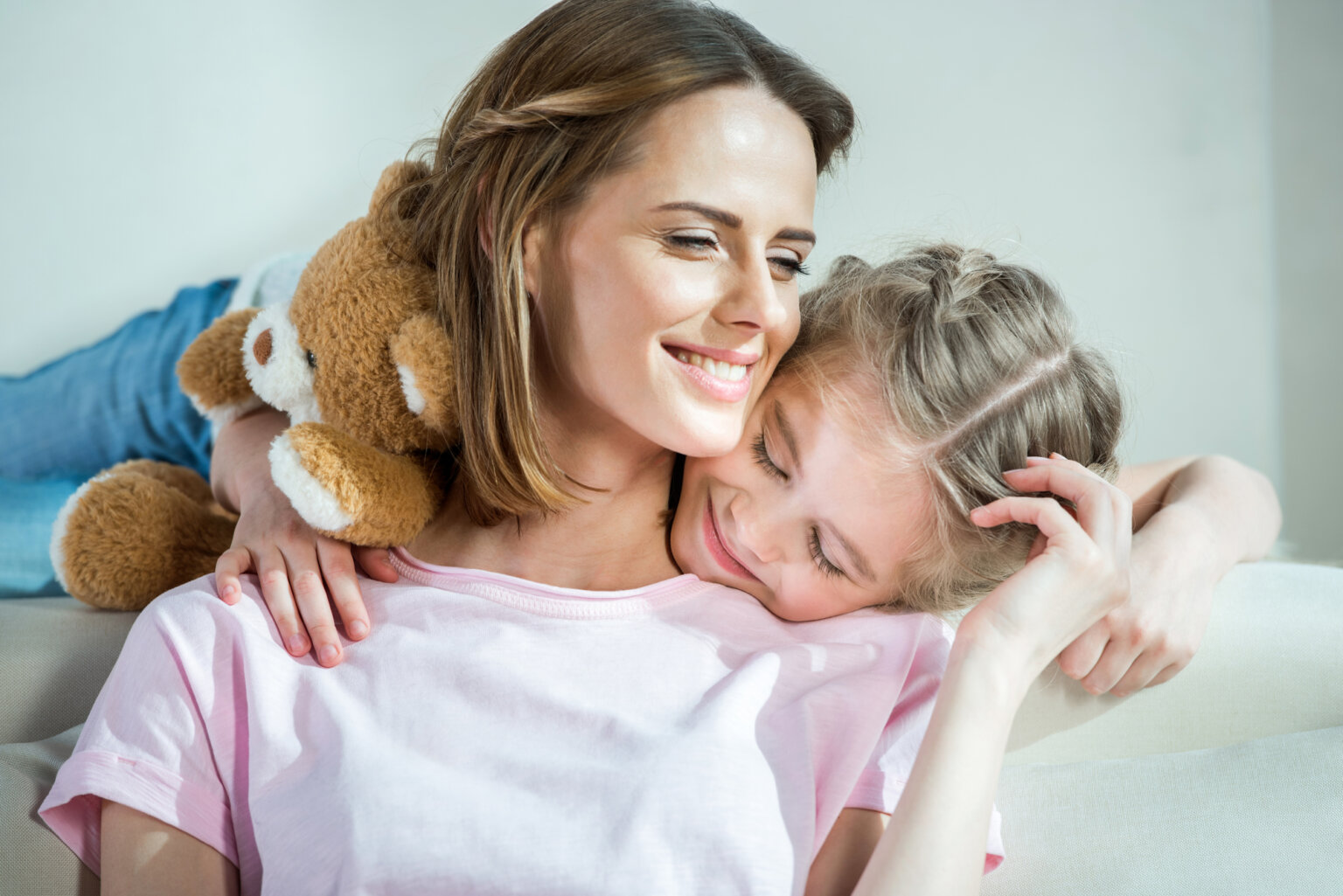The Power of Connection

In a world that is increasingly busy, disconnected and at times isolating, it is normal for people to have feelings of loneliness. With many lockdowns, the pandemic also brought people feelings of loneliness and isolation. About 1 in 6 people in Australia report feelings of loneliness in any given year (HILDA, 2021).
Us humans have been naturally social beings for thousands of years, and back in the day we needed these groups of people to survive. We know from research (and from some very questionable experiments done in the 1950’s), as well as the pandemic, that we need human connection in order to thrive and be our healthiest selves.
Social relationships play an important role in reducing our stress levels. People who see their friends or family at least once a week have lower stress levels than those who only socialise with friends or family every 3 months (HILDA, 2021). This shows that, not only do we need social connection – but we need it regularly.
Feeling connection in an ever increasingly digital world is important. When connecting with others (as Olivia Newton-John once put it), it’s important to get physical and connect with others face-to-face when possible, to get all the benefits. Connecting with others, means to feel a sense of closeness and belonging, as well as spending quality time with people we care about. This could be something simple, such as a coffee with a friend, going for a walk to the park with a family member, attending local community classes or a community group. Connecting with others allows us to build resilience and feel more capable in handling life’s challenges.
We can connect with others in a variety of places. Whether that be from family and friends, our community, professional supports (GP, psychologist, counsellor), work colleagues, through sport or other activities you enjoy.
WayAhead’s anxiety support groups are a wonderful place to connect with others in our community. These groups help to foster a sense of emotional connection with others in a safe space. Connection is built on trust, understanding and the sharing of stories and experiences. Joining a local group, such as a support group, is a great way to meet new people, and have conversations with others who understand what you’re going through.
Social connection can improve general quality of life, foster a sense of purpose and fulfilment, and boost our self-esteem. During the harder moments of life, sometimes it is these social connections that provide the light in times of darkness – reminding us that we are not alone.
- Claire S.
https://www.openarms.gov.au/get-support/self-help-tools/show-all-tools/behaviours/social-connections
https://www.aia.com.au/en/individual/onelife/think-well/an-introverts-guide-to-socialising.html
https://www.beyondblue.org.au/who-does-it-affect/older-people/connections-matter
Holt-Lunstad, J. (2022). Social Connection as a Public Health Issue: The Evidence and a Systemic Framework for Prioritizing the “Social” in Social Determinants of Health. Annual Review of Public Health, 43(1), 193–213. https://doi.org/10.1146/annurev-publhealth-052020-110732
Newsletter
Stay up to date
Sign up to our Mind Reader newsletter for monthly mental health news, information and updates.